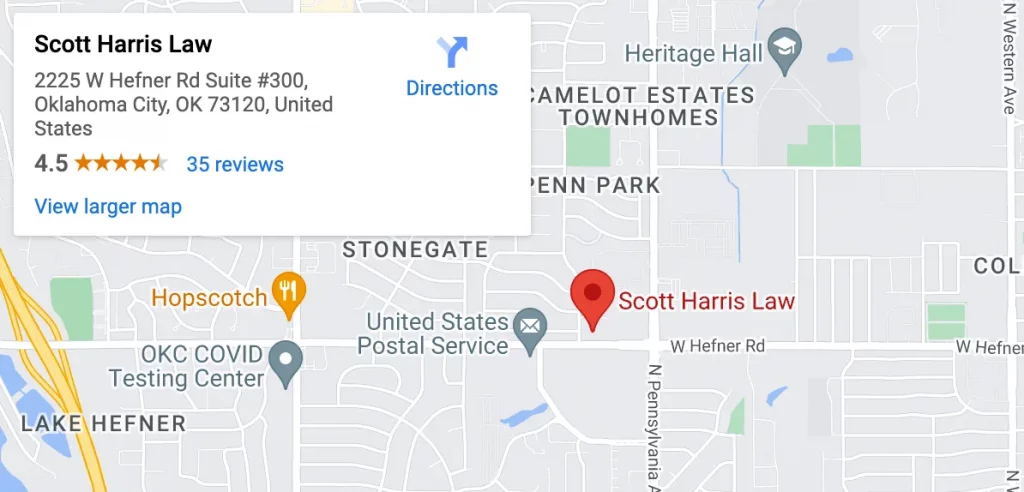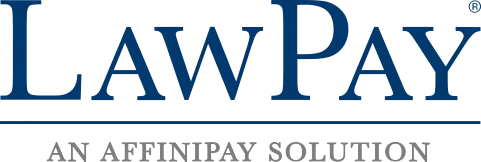Get a fresh start with the appropriate bankruptcy chapter for your case
Falling behind in paying your bills is not that uncommon. This happens even to the most financially-savvy people now and then. This only turns into a problem when the unpaid bills start to snowball. Before you know it, you’re already dealing with a mountain of credit card debt without any means to repay creditors. When this happens, one possible way out would be through Chapter 7 or Chapter 13 bankruptcy filing. So, it begs the question: what are the differences between Chapter 7 and Chapter 13 bankruptcy?
The Bankruptcy Code defines bankruptcy as a federal legal process by the United States government allowing debtors to get back on track financially. This means that going through bankruptcy provides an individual or group with a safe way to attain debt relief. However, not all financial obligations can be erased even after a bankruptcy petition. This is why good debtor education from an experienced Oklahoma bankruptcy attorney is necessary to stay out of debt long-term.
Are you looking for reliable legal advice about filing for bankruptcy, what happens during and after bankruptcy, and the differences between Chapter 7 and Chapter 13? If yes, schedule an appointment with Scott Harris Law, PLLC, and receive a FREE CONSULTATION from a skilled OKC bankruptcy lawyer today!
Why Do I Need an Oklahoma City Bankruptcy Attorney?
Having a skilled Oklahoma bankruptcy lawyer is a huge advantage if you’re trying to clear your debt. A bankruptcy attorney with intimate knowledge of Oklahoma bankruptcy law and experience in various situations will also ensure your bankruptcy case gets processed correctly.
Aside from his skills and solid reputation, Atty. Scott Harris is well aware that every OKC debtor needs the following qualities in a legal representative:
- Has the desire to help each client clear their debt and stay debt-free for a long time
- Gives each client multiple options and helps them decide how to proceed based on their current situation
- Offers excellent legal services to protect you from creditor harassment
- Is capable of handling cases in other related areas of practice, such as bankruptcy and foreclosure defense
- Explains in detail what bankruptcy is about, including the answer to the differences between Chapter 7 and Chapter 13 bankruptcy
Call our law office today if you need legal assistance with the bankruptcy process. Getting help from a skilled Oklahoma bankruptcy attorney might be the way to get back on track financially!
How Do I File for Bankruptcy?
The steps to follow when filing for bankruptcy vary depending on what chapter you’re petitioning for. The needed documents and the bankruptcy forms you must fill out will also be distinct. If you’ve already filed for bankruptcy under a specific chapter, there are separate processes to convert to a different chapter (e.g., converting Chapter 7 to Chapter 13).
But regardless of what type of bankruptcy filing you choose, you must comply with the following eligibility requirements barring any exceptions:
- Appear before a bankruptcy court 180 days before filing your bankruptcy case and follow any given orders.
- Attend a credit counseling session with a bankruptcy court-approved credit counseling agency within 180 days of submitting your bankruptcy petition.
Speak to your OKC bankruptcy attorney to check if you qualify for an exception to comply with the requirements above.
What is Chapter 7 Bankruptcy?
The process of a Chapter 7 bankruptcy case involves gathering and selling most of your non-exempt property (assets not covered by bankruptcy exemptions). In exchange, most (or all) of your debt, for which collateral has not been pledged, would be erased.
Examples of exempt property include your social security, house, car, and some personal items. For this reason, knowing which of your assets are eligible for bankruptcy protection is extremely important before putting in the paperwork for a Chapter 7 petition.
To qualify for filing Chapter 7 bankruptcy, you must pass a means test to determine if your monthly income is low enough compared with Oklahoma’s median income. You can only file for Chapter 7 if your income meets this criterion.
What is Chapter 13 Bankruptcy?
The procedure for a Chapter 13 bankruptcy case allows you to keep most or all your property. However, you will be required to pay your creditors monthly within a certain amount of time or until you’ve finished repaying all your debts.
When choosing to file for Chapter 13, having a regular source of funds gives you a better chance of paying off your debts within the set period. The minimum amount required to pay monthly will depend on your income, debt, and how much each unsecured creditor would receive if you filed for Chapter 7 instead.
How does one become eligible for Chapter 13? Your unsecured debt must not exceed $465,275, and your secured debt should not be $1,395,875 from April 1, 2022, through March 31, 2025.
The Differences Between Chapter 7 and Chapter 13 Bankruptcy
The table below provides a brief overview of the differences between Chapter 7 bankruptcy and Chapter 13 bankruptcy.
What you see here should give you an answer to ‘What are the differences between Chapter 7 and Chapter 13 bankruptcy?’ and help you decide which one is better for you.
| Chapter 7 (Liquidation chapter) | Chapter 13 (Reorganization chapter) | |
| Who can petition? | Individuals and businesses | Individuals only (sole proprietors can file, but business debts won’t be discharged) |
| How long will it take before discharge? | 3 to 6 months | 3 or 5 years (depending on your income upon bankruptcy filing) |
| What happens to my assets? | The bankruptcy trustee can liquidate non-exempt assets to repay your creditors. | The debtor gets to keep all property as long as unsecured creditors are paid an amount that matches the value of non-exempt assets. |
| Lien stripping | Not allowed | Allowed if all requirements are met |
| Principal loan balance reduction on secured debts | Allowed only on tangible personal property | |
| Main advantage | Qualifying debts can be discharged quickly | Debtors can catch up on missed payments for car loans, mortgage, and other non-dischargeable priority debts while keeping their property |
| Main disadvantage | Debtors cannot catch up on missed payments, putting your property at higher risk of repossession or foreclosure. | Monthly payments should be made until everything has been paid back, which may include a chunk of general unsecured debt. |
Call our OKC Bankruptcy Attorney Today!
Since opening his law in 2009, Atty. Scott Harris has been a go-to bankruptcy attorney for struggling Oklahoma residents. If you need more knowledge on anything related to Chapter 7 and Chapter 13 bankruptcy, call or visit our law office now and get a free consultation!
We also provide legal assistance for debt relief on student loans, credit cards, and more.




